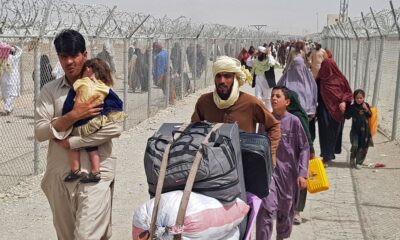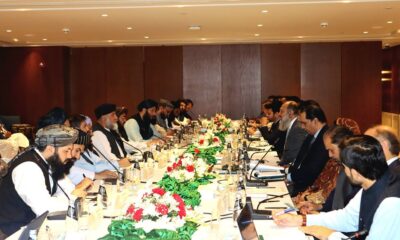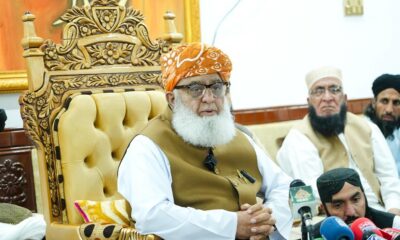Latest News
Afghanistan’s isolation is not the solution: Qatar
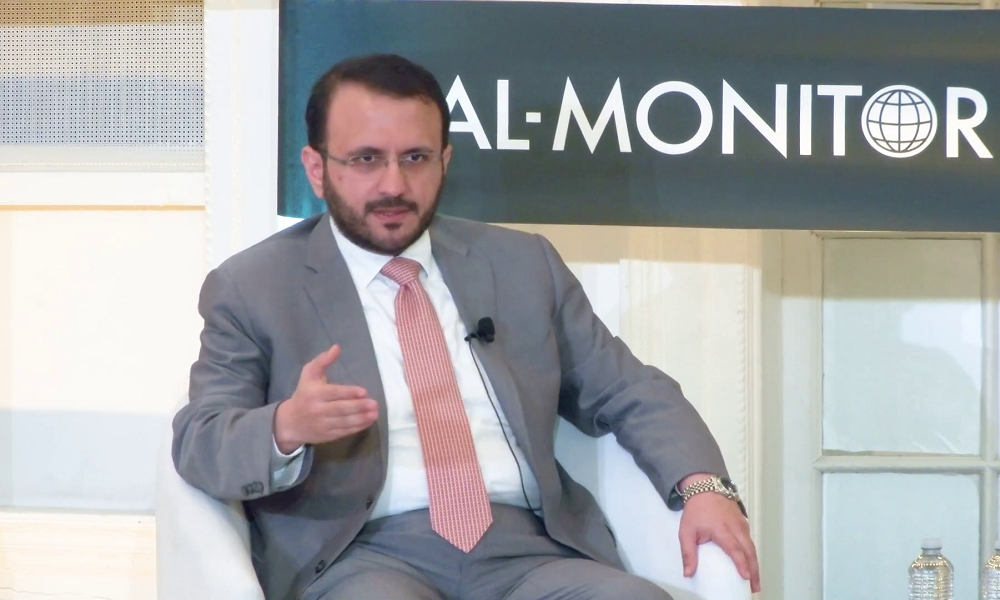
Majed Al Ansari, an advisor to Qatar’s deputy prime minister, says Afghanistan’s isolation is not the solution and the world should rather engage with the Islamic Emirate of Afghanistan (IEA).
Speaking in an interview with Al-Monitor, Ansari said that since the collapse of the previous government and IEA’s takeover, Qatar has told the world that Afghanistan’s isolation was not the solution and that the only way forward was engagement.
“Since the collapse of government in Afghanistan and the Taliban (IEA) forming the interim government over there, our main concern was that to tell the rest of the world that we have tried isolating the Taliban, we have tried waging a war on the Taliban, it has not changed [anything], it didn’t make the situation of women better in Afghanistan, it didn’t make the situation when it comes to radicalization better in Afghanistan, the only way forward is engagement,” said Ansari.
He stated that Afghanistan is important for Qatar and Doha mediates between Afghanistan and other countries.
“We fully understand that the situation in Afghanistan today is not easy for the international community to engage with the current government, but complete isolation is not the solution, it didn’t work, it will not work, it will push the government right now over there into the hands of other states which would not be very much interested in human rights and rights of women and children in Afghanistan; therefore, we have maintained our position as mediator,” he said.
He also said that many countries want to interact with the Islamic Emirate, but they do not want to interact for political reasons.
Meanwhile, IEA officials have repeatedly appreciated the government of Qatar for mediating to open the door of interaction with other countries.
“America does not allow some countries to act in this direction (recognition) and there are political interests between countries and America. Well, they don’t want to involve themselves diplomatically and face problems; this is the reason; otherwise, the Islamic Emirate of Afghanistan has fulfilled all the conditions to be recognized,” said Zabihullah Mujahid, a spokesman for the IEA.
Currently, the diplomatic missions of more than 14 countries of the region, including Qatar, are present in Afghanistan, and the Islamic Emirate has a reciprocal diplomatic presence in these countries.
Latest News
Russia’s Supreme Court suspends ban on Islamic Emirate

Russia’s Supreme Court on Thursday agreed to suspend the Islamic Emirate’s designation as a banned organization in Russia, following a formal request from the Prosecutor General’s Office.
Although the IEA remains officially designated as a terrorist organization in Russia, the court’s ruling effectively freezes that classification, opening the door to broader political engagement.
The IEA, however, continues to be subject to United Nations sanctions.
According to Russian media reports, a representative of the IEA attended the closed-door court session, during which the court reviewed the prosecutor’s petition seeking to suspend the ban.
“The suspension follows an administrative lawsuit filed by the Prosecutor General’s Office of the Russian Federation,” Supreme Court Judge Oleg Nefyodov said while reading the ruling, according to local media.
The session was held behind closed doors, and Russian authorities have not yet publicly commented on the potential political implications of the move.
Latest News
Qatar’s minister of state holds phone call with acting FM Muttaqi
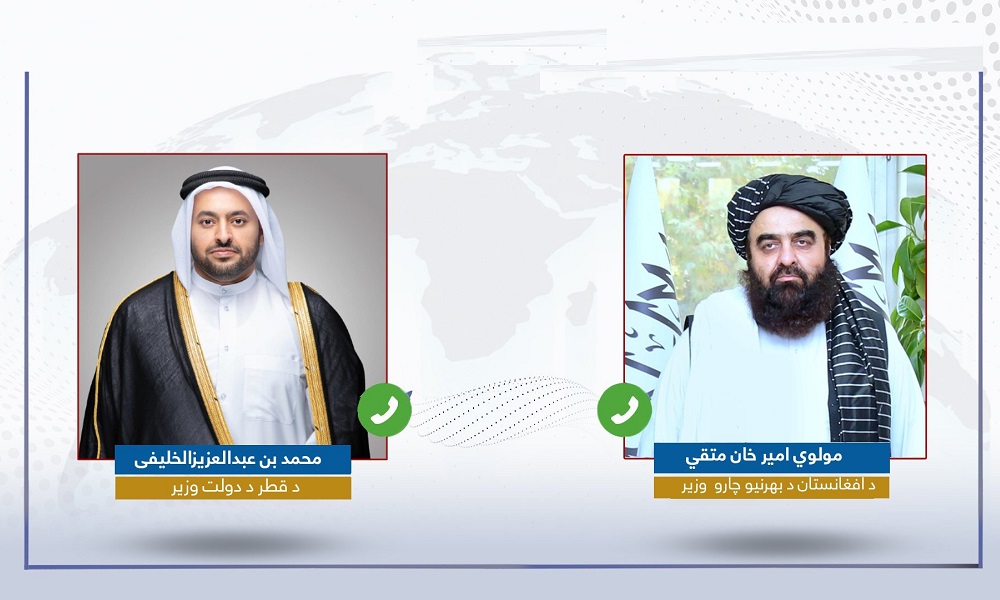
Mohammed bin Abdulaziz Al-Khulaifi, Qatar’s Minister of State for Foreign Affairs, held a telephone conversation with Amir Khan Muttaqi, acting foreign minister of Afghanistan on Thursday where they discussed bilateral issues.
Zia Ahmad Takal, head of public relations at the Ministry of Foreign Affairs, said in a statement on Thursday that the two sides discussed enhancing diplomatic relations, expanding cooperation between the two countries, and Muttaqi’s upcoming visit to Doha.
Latest News
WATCH: Authorities scramble to accommodate refugee influx at Afghanistan border
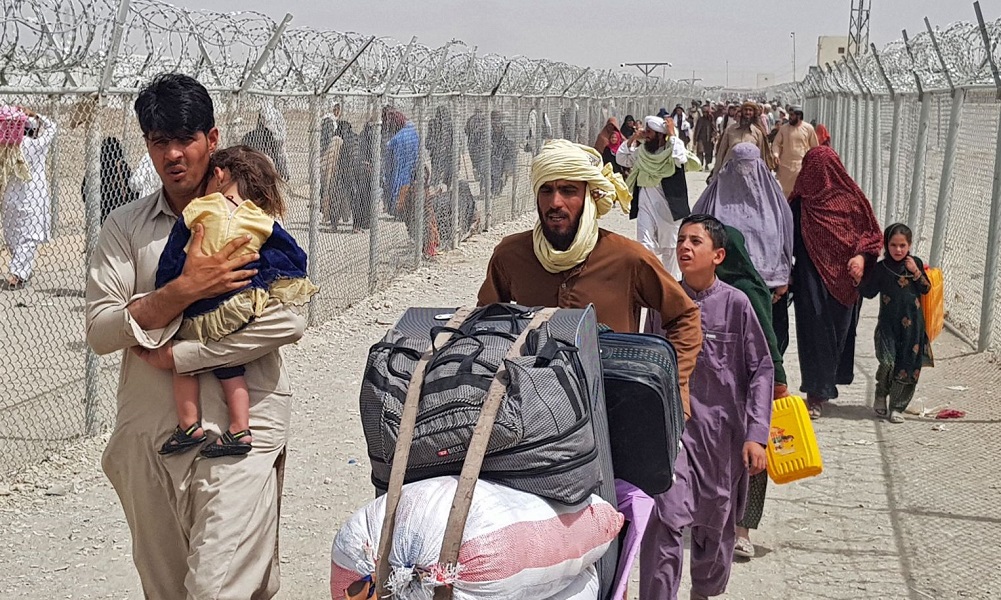
As thousands of refugees cross back into Afghanistan amid Pakistan’s campaign to forcibly expel over 1 million Afghans, local officials scramble to accommodate the influx which also means areas of landmines need to be cleared around the Torkham border area in order to establish more tented camps.
The mines and other unexploded ordnance are remnants of Afghanistan’s 20 year war that ended with the collapse of the former US-backed government in August 2021.
Government officials who visited Torkham this week say they are ready to cooperate with returning refugees.
Nooruddin Torabi, the head of the National Disaster Preparedness Agency, visited Torkham on Tuesday. He stressed the need to clear the area of mines and unexploded ordnance.
Torabi also said that another transit camp would be established to temporarily accommodate the returnees.
Refugees however have slammed the Pakistan government for the way they have handled this. Many say they are now homeless after having left everything behind, including houses, businesses and possessions. In addition to this, a large percentage of them have nowhere to go after having lived in Pakistan for decades.
Afghans have been fleeing to Pakistan for over 40 years – since the invasion of the old Soviet Union in December 1978.
Islamic Relief reported this week that tens of thousands of Afghans are facing dire conditions in makeshift camps after crossing the border from Pakistan.
According to the organization, an assessment team that visited Torkham found that many refugees are arriving in Afghanistan without any shelter, food, cash or water. These families were forced to leave possessions – including animals and household items.
People arrive in droves, covered in dust, crammed onto trucks, and face a barren border with no basic services in sight. The first thing that greets them is a harsh, wind storm swirling with dust.
This influx comes amid an economic crisis in the country and as global cuts to humanitarian funding have forced many essential services in Afghanistan to close, including health facilities and food distributions.
Many of the new arrivals have lived in Pakistan for decades after seeking refuge there, fleeing conflicts and instability in their homeland. They include children who were born in Pakistan and have never been to Afghanistan. Many others no longer have close family members in
Afghanistan or have not visited for many years. They are not truly ‘returning home’ as they hardly know Afghanistan and have no homes or livelihoods to kickstart their lives here.
Some of the arrivals do not even speak an Afghan language and many returnees lack proper identification documents.
The interim Afghan government has pledged to take care of refugees returning to Afghanistan and humanitarian organizations are ramping up efforts to help these refugees.
Pakistan last month set an early April deadline for some 800,000 Afghans carrying Afghan Citizen Cards (ACC) issued by the Pakistani authorities to leave the country, in the second phase of efforts to remove Afghans. More than 1.3 million Afghans who hold Proof of Registration cards from the UN refugee agency, UNHCR, have also been told to move outside the capital Islamabad and the neighbouring city of Rawalpindi
-
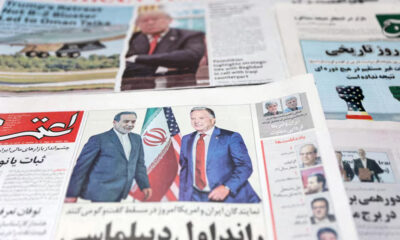
 Regional5 days ago
Regional5 days agoIran, US hold ‘positive’ talks in Oman, agree to resume next week
-

 World5 days ago
World5 days agoTrump says Ukraine talks may be going OK, but there is a time ‘to put up or shut up’
-
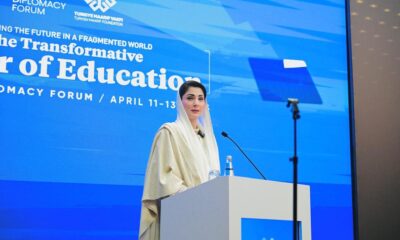
 Latest News4 days ago
Latest News4 days agoPakistan’s Punjab CM calls for ‘human response’ to Afghan girls’ education ban
-

 Regional3 days ago
Regional3 days agoSaudi Arabia plans to pay off Syria’s World Bank debts – Reuters
-

 Latest News5 days ago
Latest News5 days ago6.1-magnitude earthquake shakes northern Afghanistan
-
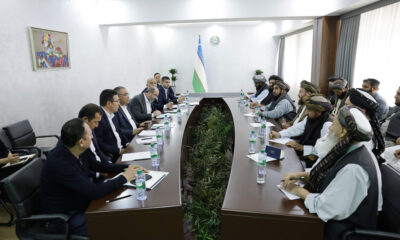
 Latest News3 days ago
Latest News3 days agoAfghanistan and Uzbekistan to expand cooperation in agriculture sector
-

 Latest News2 days ago
Latest News2 days ago17 babies born at Torkham refugee centers in past two weeks
-

 World3 days ago
World3 days agoTrump says Iran must give up dream of nuclear weapon or face harsh response






